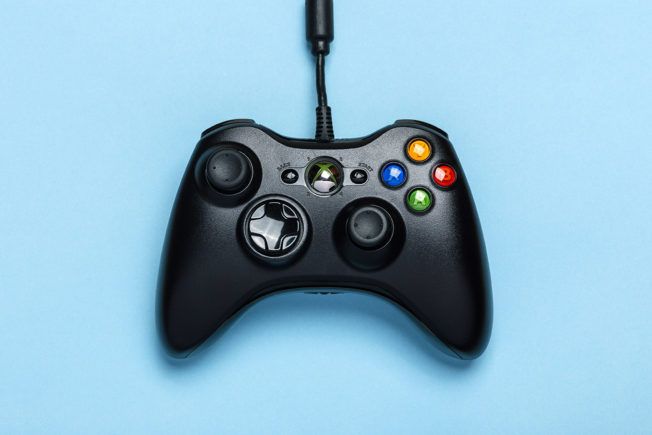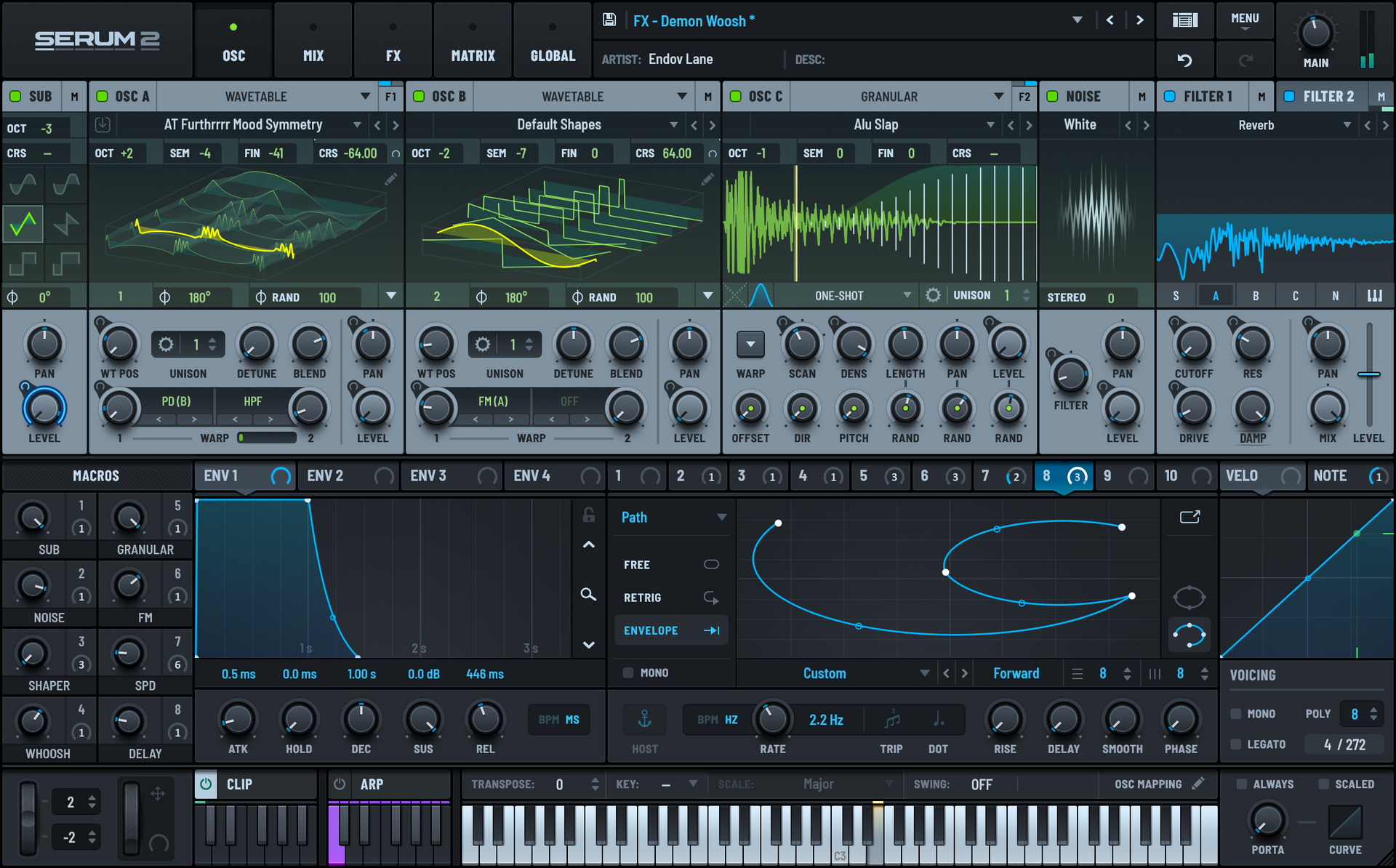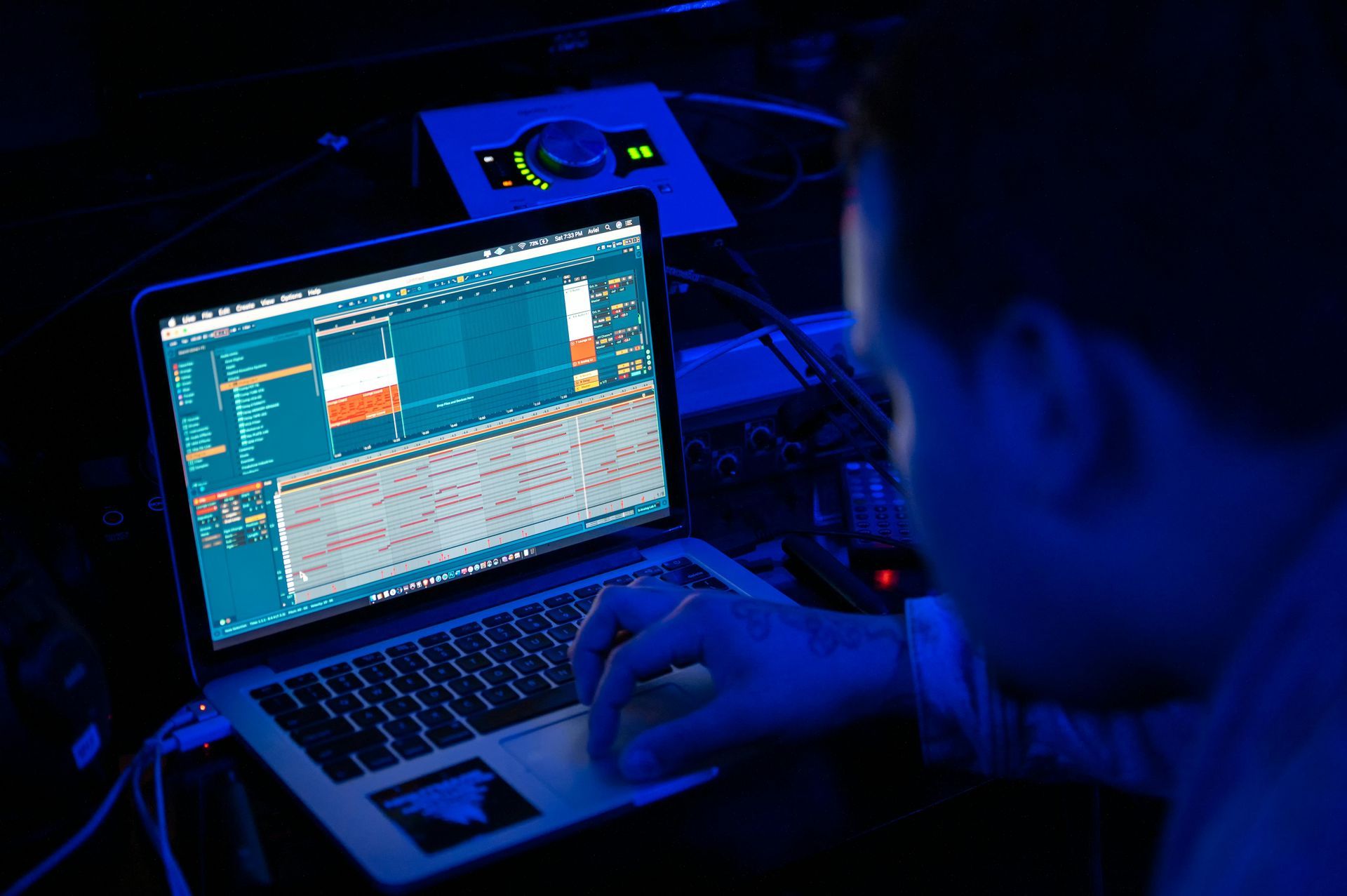How to License Music for Video Games
What is sync licensing and how do you license music? Get a better understanding of music licensing and learn how to get your songs placed in video games.

How to Get Your Songs Placed in Video Games
Collecting royalties from digital music sales and song streams is not the only way to make money with your music. Licensing your music for TV shows, movies, commercials, video games, trailers, YouTube, and other types of visual media can generate significant revenue streams.
Music licensing has become one of the smartest ways for independent musicians to earn money. It’s also one of the fastest growing opportunities for emerging artists to make money and get discovered. You can receive licensing revenue through initial fees and performance royalties while also gaining valuable exposure.
What is sync licensing and how does it work? This guide will help you understand music licensing. It also offers advice on how to get your music placed in video games.
What is Music Licensing?
Music licensing gives legal permission to use copyrighted music. Licensing music also ensures the owners of copyrights receive royalty payments for the use of their work.
There are six types of music licenses: synchronization license, master license, mechanical license, public performance license, print license, and theatrical license.
License Music For Video Games
Licensing music for video games and other types of visual media requires two licenses: A Synchronization License (Sync) and a Master Use License.
Music licensing agreements require both licenses because every recorded song has two copyrights:
- Master sound recording: This is the original studio recording. A record label usually owns the rights to the master recording.
- Musical composition: This is the underlying music arrangement, melody, and any lyrics. The composer or their music publisher usually own the rights to the musical composition.
What is a Synchronization License (Sync)?
A Synchronization License or Sync License allows the right to use a copyrighted musical composition in movies, television shows, commercials, video games, and any other visual media. It is an agreement between the owner of the copyrighted music (copyright holder) and the licensee who wants to place the music.
However, a Sync License does not include the right to use a master recording with the visual media. A licensee will also need a Master Use License before using copyrighted music.
What is a Master Use License?
A Master Use License is an agreement between the owner of the original master recording and the person seeking permission to use the recording. Any use of protected music in visual media, whether it’s a full song or short sample, will need a Master Use License. An artist owns the master rights to their songs. However, if they sign a record deal, then the record label takes ownership of the master rights.
Benefits of a Sync License
The video game industry has been the fastest growing area of the entertainment business. And music plays a significant part in many of these video games. Below are some benefits of sync licensing:
- Sync licensing can be a major source of revenue for independent artists. It’s also an effective way to gain exposure and reach new fans.
- Getting your music placed in video games brings new attention to music that has been out for a while. A sync license can give your older music fresh attention and new royalty payments.
- Sync licenses create opportunities for artists to earn passive income through continued royalties or usage fees. Passive income is revenue received regularly. It requires minimal to no effort by the recipient to maintain.
- Sync licensing benefits lesser known artists overlooked by mainstream fans on music streaming sites. Those platforms focus on popular trends, traffic volume, and engagement. Moreover, those seeking music for visual media are less concerned whether an artist is famous or has a million streams. Their only concern is whether the music works for the audiovisual project.
- The demand for music in movies, television shows, commercials, video games, trailers, and other types of visual media is at an all-time high. This means more opportunities to make money with your music.
What is a Music Supervisor?
Understanding the role of a music supervisor is essential if you’re looking to get your music placed in video games.
A music supervisor places music in visual media such as movies, television shows, video games, commercials, and other types of visual media. They select the appropriate music for a project and secure the licenses to use it. A music supervisor oversees all music-related tasks.
For example, music supervisors have music expertise, knowledge of music licensing, and negotiation skills. They work with the directors, producers, or creative teams of the visual media to determine the best music needed for a project. Once the music gets approved, they approach the copyright holder to seek music licensing permission and work out financial details.
A music supervisor will also work with a composer or musician to create original music sometimes. They book a studio, hire the musicians and singers, and consult with sound engineers to create the original score.
The music supervisor is essentially the gatekeeper you must get past before a director considers your work.
What is a Music Licensing Company?
Getting your music into the ears of music supervisors can be difficult. Music supervisors prefer working with dedicated sync agents and music licensing companies. Music licensing companies give you representation and their music placement knowledge. They also have trusted relationships with music supervisors, filmmakers, broadcasters, creative agencies, and brands. Moreover, a music licensing company will pitch your music to the buyer community, take care of sync licensing and music clearance, and make sure your music is labeled with the correct metadata.
Some top music licensing companies include:
- Musicbed
- Artlist
- Music Vine
- Marmoset
- Soundstripe
- TuneCore
- Songtradr
- Jingle Punks
- Music Gateway
- Audio Network
Music Licensing Preparation Tips
- Build a music portfolio and create a diverse selection of audio. Diversity is one of the most valuable features to have in the game industry.
- Ensure your music is sounding the best it can. Avoid submitting unfinished or poor quality songs. Also, make sure your songs are finished, mixed down, and mastered. Send your best work!
- Have instrumental versions of your songs. Most of the music licensed for video games are instrumentals.
- Create an Electronic Press Kit (EPK). An EPK features your artist bio, music, images, tour dates, relevant media, achievements, links to your social media or online presence, and contact details. It is your online media/marketing portfolio, designed to provide simple access to all your essential information.
- Building relationships and networking in the gaming industry is always helpful. Get involved in the gaming community. Attend meetups and conventions, join online gaming forums or groups, contact game developers, music supervisors, music publishers, and anyone else involved in the game industry.
- Play games to understand the functionality of music in games. Focus on all the areas playing music. For example, background music, opening and closing credits, moments when the music increases in energy or intensity, etc.
- Submit your music to music libraries, stock music companies or online marketplaces. These online platforms curate and license an expanding library of royalty free music. Many of these companies also have a team of sync agents and music publishers that can help get your music discovered. Check out stock music websites like Pond5 , Premium Beat , and AudioJungle.
- Research music licensing and publishing companies. Find the best services to represent you, protect your music rights, pitch your music, and handle licensing negotiations.
- Learn the current sync licensing rates. Various factors determine license fees.
Takeaways
Immerse yourself in the world of gaming and video game music. But before going into sync licensing, it’s crucial that you know how the sync business works and how much a song is worth. Research music licensing and sync deals. Also, become familiar with the industry standards and trends, so you don’t miss an opportunity. Scoring the right sync deal will bring in new revenue streams, boost exposure, and grow your fanbase. Good luck!



